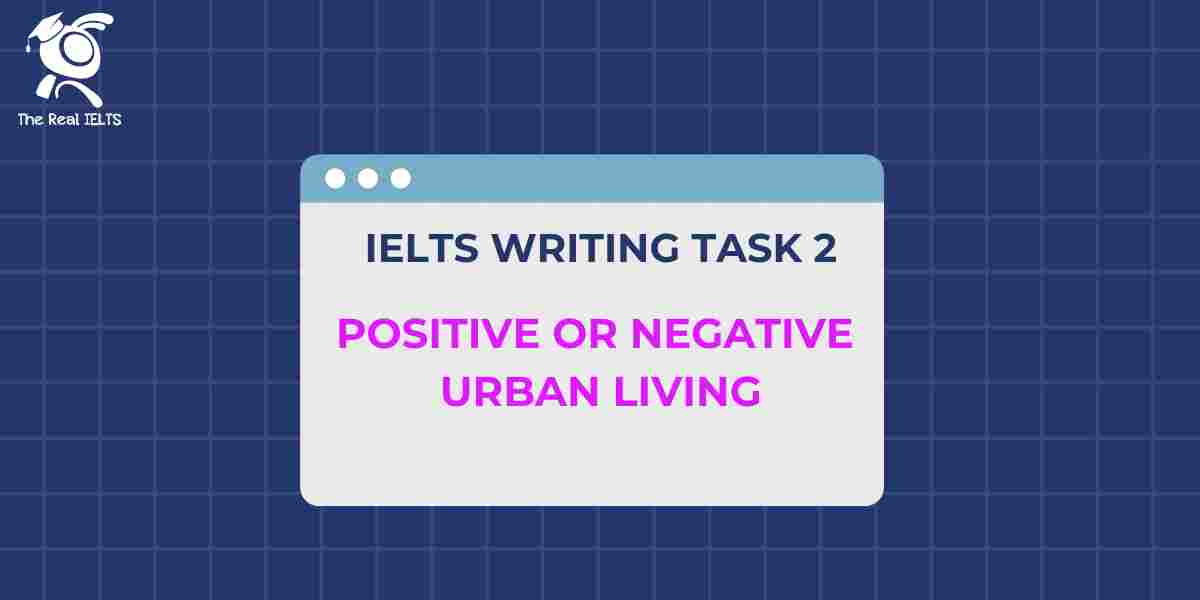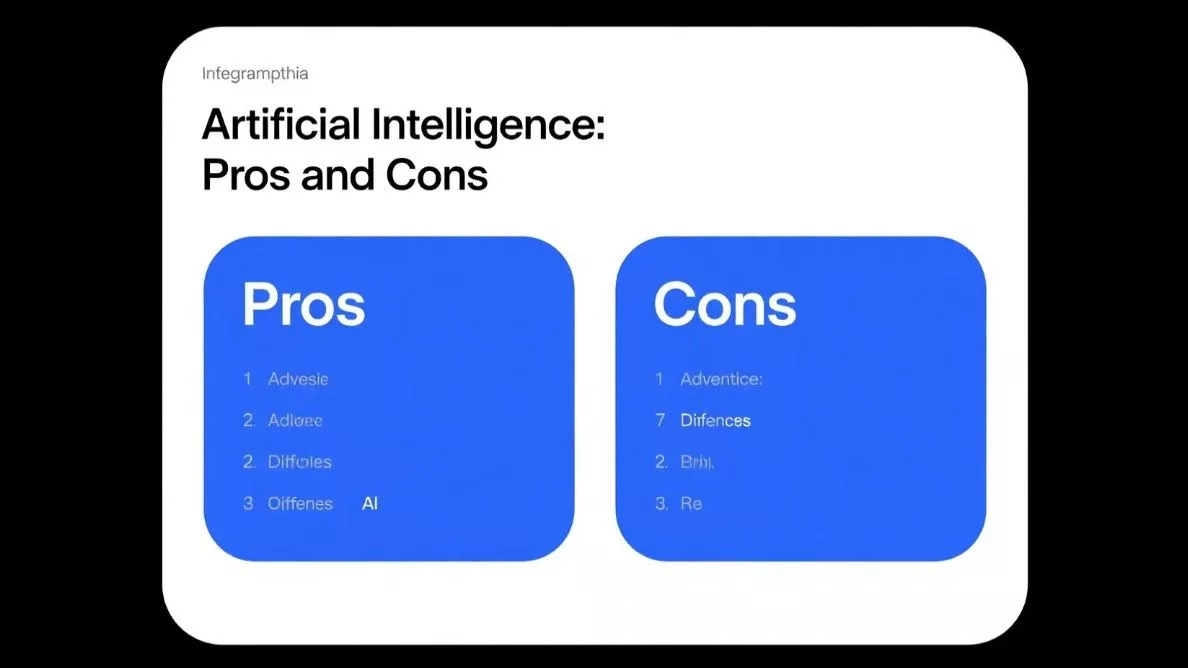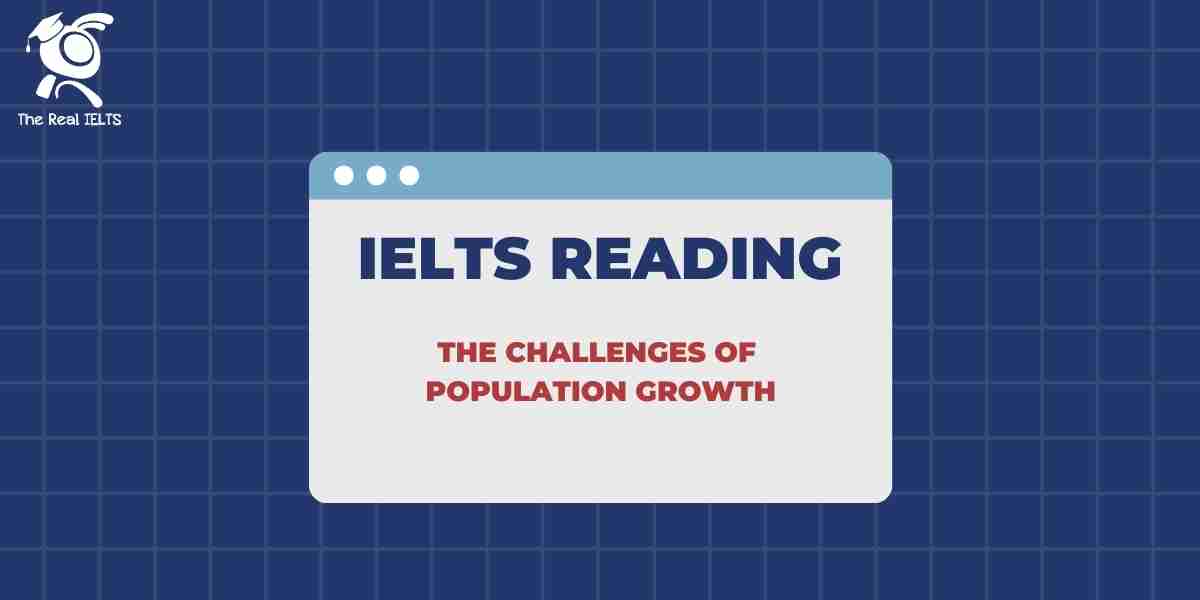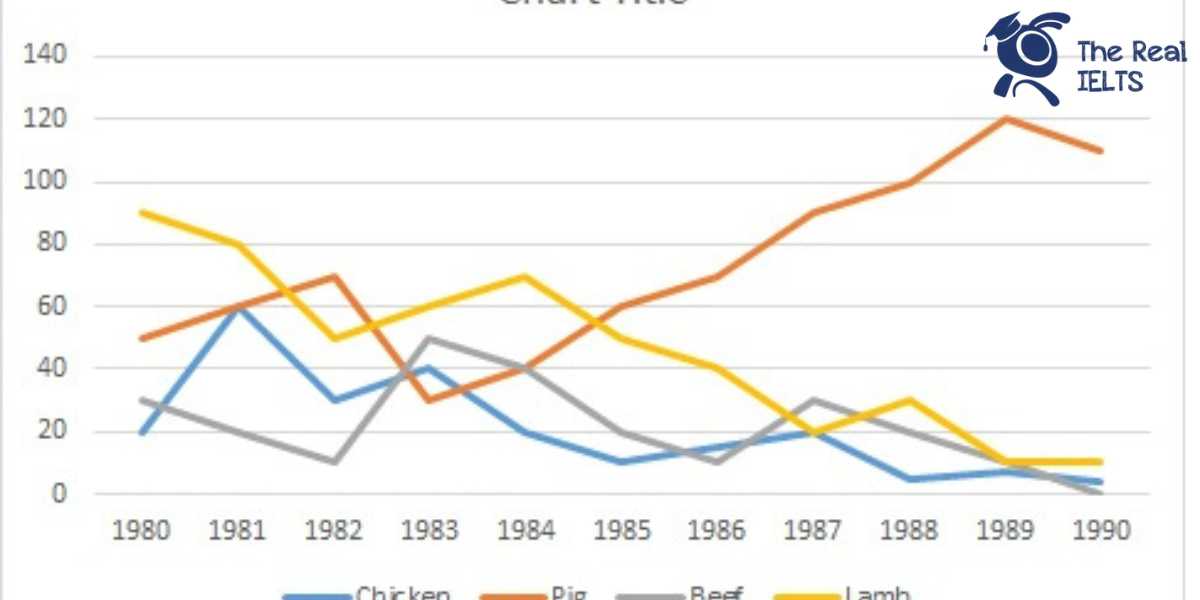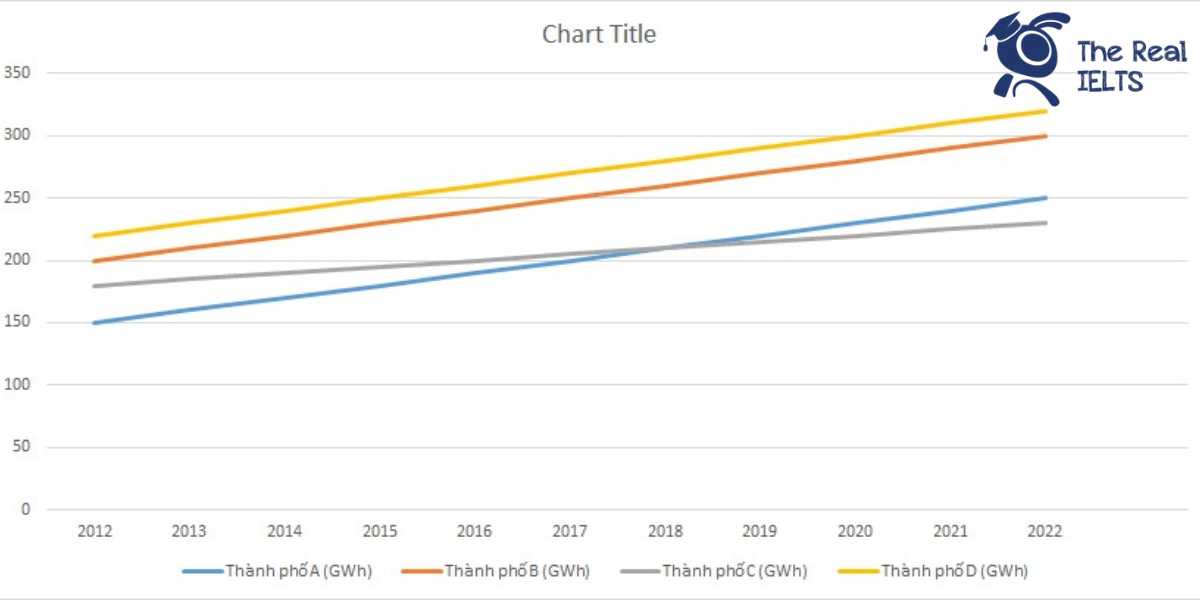Đề bài IELTS Writing Task 2 dạng Positive or Negative urban living
You should spend about 40 minutes on this task
The rise of smart cities and their impact on urban living. Do you think this is a positive or negative development?
Write at least 250 words.
Giải mẫu đề luyện thi IELTS Writing
In recent years, the concept of smart cities has gained significant traction, with urban areas around the globe embracing technology to enhance the quality of life for their inhabitants. Smart cities leverage data, automation, and connectivity to improve infrastructure, reduce waste, and increase efficiency. While there are undeniable benefits associated with this development, it also brings certain challenges that merit consideration. In this essay, I will discuss both the positive and negative aspects of smart cities and argue that, overall, this is a positive development, albeit with some reservations.
On the positive side, smart cities offer numerous advantages that can significantly enhance urban living. Firstly, they provide more efficient public services. For example, real-time data collection and analysis can optimize traffic flow, reduce congestion, and improve public transportation systems, making daily commutes quicker and less stressful. Secondly, smart cities promote sustainability by utilizing technology to monitor and manage energy consumption, waste management, and water resources. This not only reduces the environmental footprint of urban areas but also ensures the long-term viability of city infrastructure. Moreover, smart cities can improve public safety through the use of surveillance systems, predictive policing, and emergency response technologies, which can lead to a reduction in crime and faster response times during emergencies.
However, the rise of smart cities is not without its drawbacks. One major concern is the issue of data privacy and security. As cities become more reliant on data, there is a risk that sensitive information could be misused or hacked, leading to potential breaches of privacy. Additionally, the implementation of smart city technologies often requires substantial investment, which may not be feasible for all cities, particularly those in developing countries. This could exacerbate existing inequalities between wealthy and poorer regions, leading to a digital divide. Furthermore, the increased automation in smart cities could result in job losses, particularly in sectors that are heavily dependent on manual labor.
Despite these concerns, I believe that the rise of smart cities represents a positive development overall. The benefits, such as improved efficiency, sustainability, and safety, have the potential to significantly enhance the quality of urban living. However, it is crucial that policymakers address the associated challenges, particularly in terms of data security and equitable access to technology, to ensure that the benefits of smart cities are realized by all.
In conclusion, while smart cities offer many promising opportunities for improving urban living, they also present challenges that need to be carefully managed. With the right policies and safeguards in place, the rise of smart cities can indeed be a positive force for the future of urban development.
Thống kê cấu trúc câu và cấu trúc ngữ pháp
- Câu phức (Complex Sentence):
- “In recent years, the concept of smart cities has gained significant traction, with urban areas around the globe embracing technology to enhance the quality of life for their inhabitants.”
- “While there are undeniable benefits associated with this development, it also brings certain challenges that merit consideration.”
- “As cities become more reliant on data, there is a risk that sensitive information could be misused or hacked, leading to potential breaches of privacy.”
- Câu ghép (Compound Sentence):
- “Smart cities leverage data, automation, and connectivity to improve infrastructure, reduce waste, and increase efficiency.”
- “This not only reduces the environmental footprint of urban areas but also ensures the long-term viability of city infrastructure.”
- “This could exacerbate existing inequalities between wealthy and poorer regions, leading to a digital divide.”
- Câu đơn (Simple Sentence):
- “However, the rise of smart cities is not without its drawbacks.”
- “Despite these concerns, I believe that the rise of smart cities represents a positive development overall.”
- Mệnh đề trạng ngữ (Adverbial Clause):
- “While there are undeniable benefits associated with this development…”
- “However, it is crucial that policymakers address the associated challenges…”
- Mệnh đề quan hệ (Relative Clause):
- “…that merit consideration.”
- “…which can lead to a reduction in crime and faster response times during emergencies.”
- “…which may not be feasible for all cities, particularly those in developing countries.”
- Câu bị động (Passive Voice):
- “…the concept of smart cities has gained significant traction…”
- “…that sensitive information could be misused or hacked…”
- Câu điều kiện (Conditional Sentence):
- “If the right policies and safeguards are in place, the rise of smart cities can indeed be a positive force…”
Từ kết nối (Linking Words) các câu và các đoạn
- In recent years – mở đầu bài luận với ngữ cảnh về thời gian.
- While – kết nối ý tưởng đối lập.
- Firstly – liệt kê điểm đầu tiên trong đoạn.
- For example – giới thiệu một ví dụ minh họa.
- Secondly – tiếp tục liệt kê điểm tiếp theo.
- Moreover – thêm vào ý kiến bổ sung.
- However – chỉ ra một ý kiến hoặc thực tế đối lập.
- As – chỉ ra nguyên nhân hoặc lý do.
- Additionally – bổ sung thêm ý kiến hoặc lý do.
- This – ám chỉ câu hoặc ý vừa nêu trước đó.
- Furthermore – tiếp tục bổ sung thêm ý kiến khác.
- Despite – diễn đạt ý kiến trái ngược hoặc nhượng bộ.
- In conclusion – kết luận và tóm tắt lại các điểm chính của bài viết.
Các từ vựng tiếng Anh cần lưu ý trong bài viết
- Smart cities – Thành phố thông minh
- Urban living – Cuộc sống đô thị
- Technology – Công nghệ
- Infrastructure – Cơ sở hạ tầng
- Efficiency – Hiệu quả
- Public services – Dịch vụ công cộng
- Real-time data collection – Thu thập dữ liệu thời gian thực
- Optimize – Tối ưu hóa
- Congestion – Tắc nghẽn
- Sustainability – Sự bền vững
- Environmental footprint – Dấu vết môi trường
- Public safety – An toàn công cộng
- Surveillance systems – Hệ thống giám sát
- Predictive policing – Cảnh sát dự đoán
- Emergency response – Phản ứng khẩn cấp
- Data privacy – Quyền riêng tư dữ liệu
- Data security – An ninh dữ liệu
- Sensitive information – Thông tin nhạy cảm
- Investment – Đầu tư
- Digital divide – Chia rẽ kỹ thuật số
- Automation – Tự động hóa
- Job losses – Mất việc làm
- Equitable access – Tiếp cận công bằng
- Policymakers – Những người làm chính sách
- Safeguards – Biện pháp bảo vệ
- Urban development – Phát triển đô thị
Đọc thêm bài viết: Cách làm bài thi IELTS Writing Task 2.


